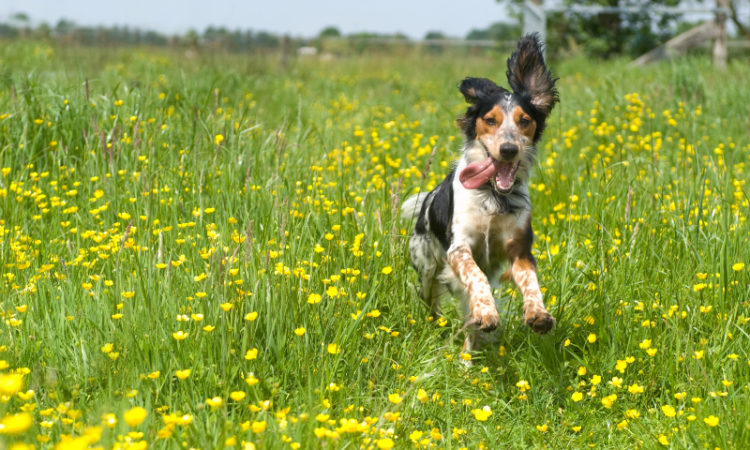Monitoring your senior cat or dog for signs of aging is important. Aging dogs and cats require special healthcare to ensure they continue living a good quality of life since they’re at risk of developing various health conditions. With regular veterinary visits, our team can support your cat or dog to maintain their health.
When do cats and dogs become seniors?
Depending on a cat or dog’s size, when they’re considered a senior will vary. However, cats and dogs are generally considered senior at age 7. Some signs of aging include sleeping more, decreased mobility, weight loss and increase or decrease in water consumption. Routine wellness exams are the best way to monitor your cat or dog for signs of aging. If you have more questions about senior dogs and cats, please contact us at 306-373-3500.
What are common senior dog and cat health issues?
As your dog or cat ages, daily tasks such as going up or down stairs, getting up after periods of rest, or going on long walks can become more difficult. It is important to modify their daily routine as needed. Aging also makes your dog or cat more susceptible to:
- Skin conditions
- Heart conditions
- Dental diseases
- Kidney disorders
- Osteoarthritis
How should I care for my senior cat/dog?
Your cat or dog’s annual wellness examination is an excellent way to monitor their health. An annual visit allows us to keep track of their weight, activity levels, and early disease detection. There are many other additional steps you can take to help your dog/cat to be happy and comfortable throughout the aging process. Some of these include providing a warm and comfortable place to sleep, ensuring easy access to food and water as well as keeping their litter box in an area that’s easy for them to get in and out.




